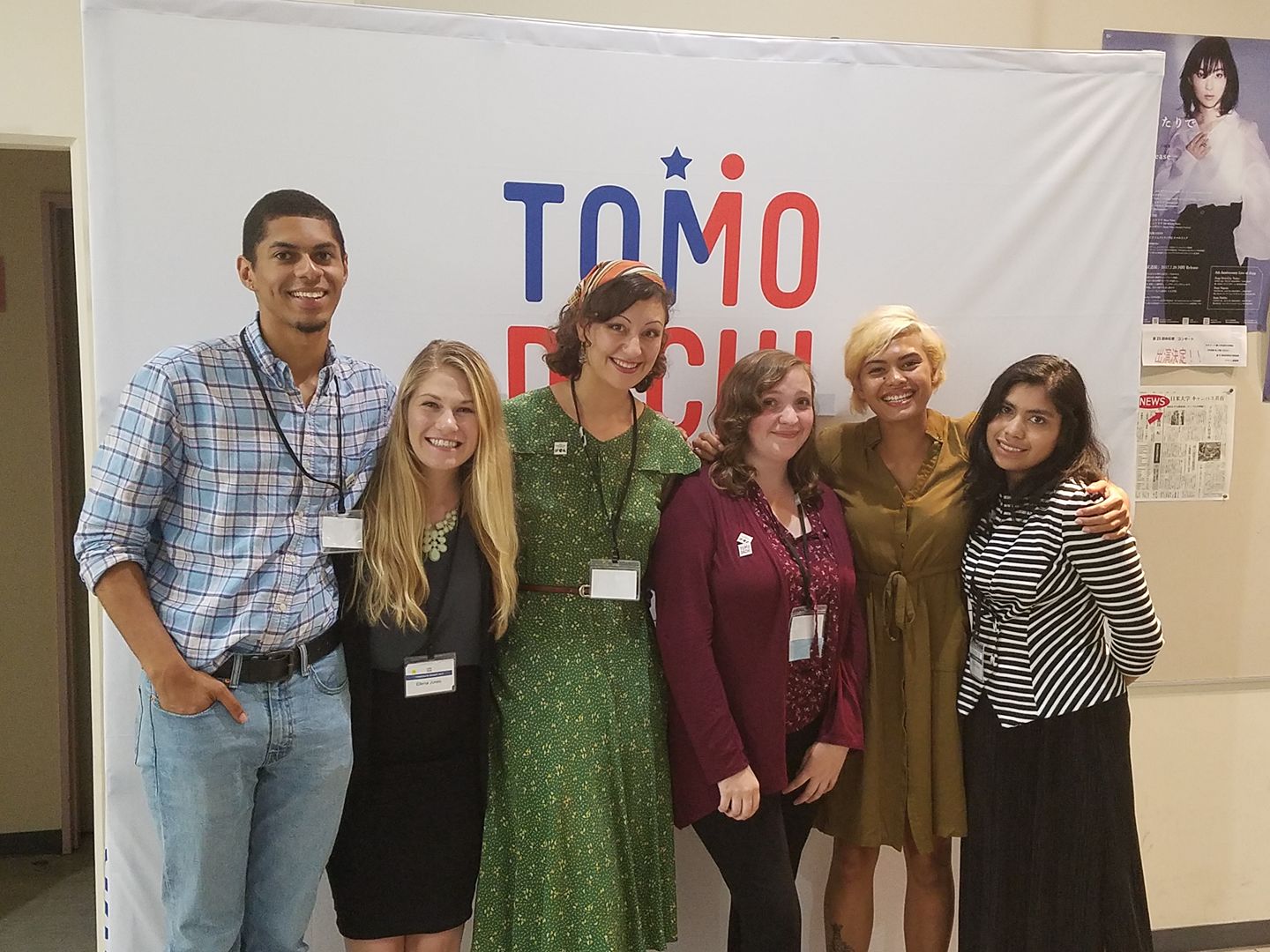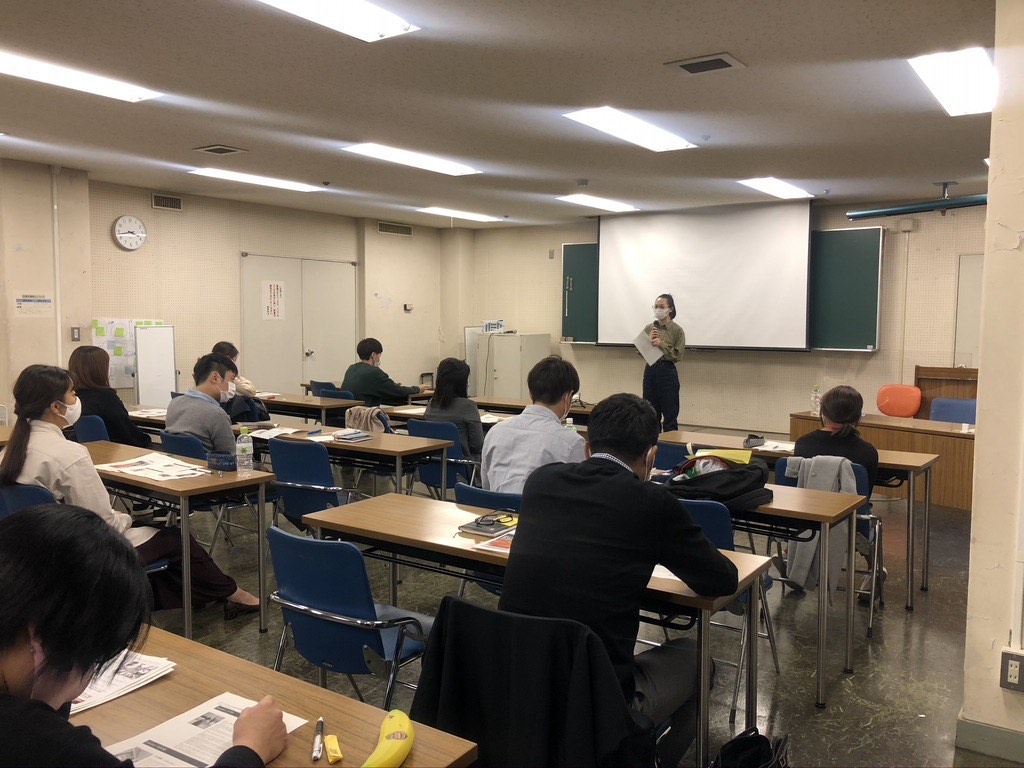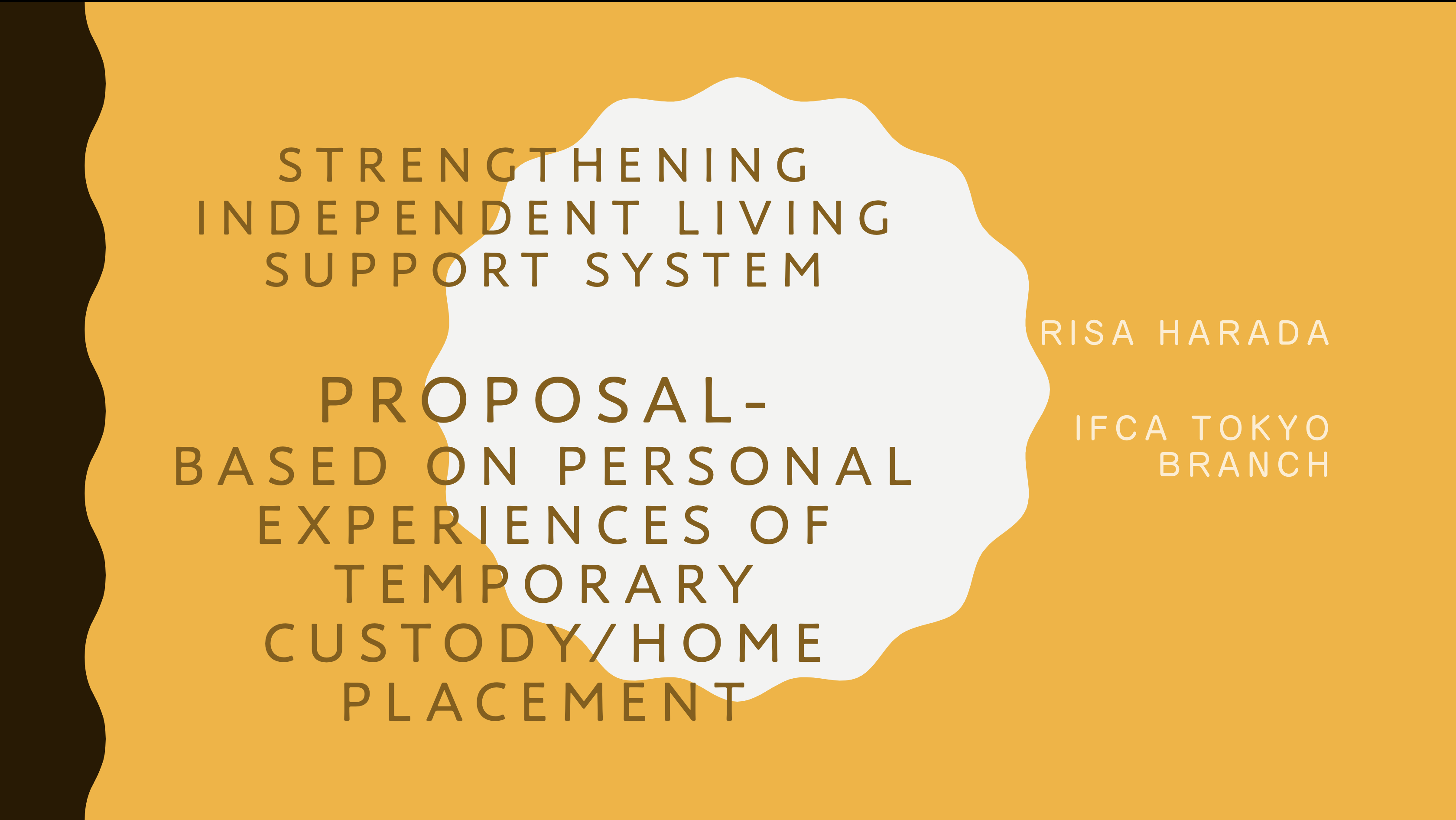Kim Hines
1) What is Kinship Care?
– Kinship care is the care of children by relatives. Placement with relative is preferred over other forms of foster care when a youth is removed from their birth parents because it allows the youth to maintain connections with their families. Kinship care is a type of family preservation service that can be formal or informal. Formal kinship care involves training and a licensure process for caregivers. However, informal kinship care involves only an assessment process to ensure safety and suitability of the home as well as supportive services for both the youth and caregiver.
Caregivers receive monthly payments to help with the cost of living and supportive services such as, case management, counseling services, and support groups. The benefits of kinship care include increased stability and safety as well as the ability to stay within their family and cultural traditions. The impacts of kinship care are fewer prior placements and more frequent contact with birth parents and siblings. Kinship care is defined as the “least restrictive setting,” meaning that it is the most family like placement for foster youth.
2) What was your experience like in Kinship care?
– When I was first told I was going into foster care, I immediately called my aunt out of fear. I knew my life was going to change and I had a negative understanding of the foster care system. All I knew about foster care was that you were taken away from your parents and put with strangers. Also, I heard that older youth bounce around from home to home because there aren’t foster parents to take them. Common perceptions of foster youth come from stereotypes and ignorance. Foster youth are not “bad kids”, we’re not broken, we all experience adversity, if anything, foster youth are stronger as a result of our experiences. This shift in thinking was invaluable in my life.
– As soon as I began living with my aunt, my grades went from failing to honor roll. I attribute this change to many things. Prior to entering care, I was a teenager raising myself, acting as a parent to my siblings, and trying to keep my family stable as well as a being developing human being.
– When I started living with my aunt, those responsibilities were no longer mine. Living in a state of chaos, stress, and abuse led me to prioritize surviving over going to school. I could thrive with my aunt. My grades went up, I went from not wanting to attend university to planning for it. And now, I stand her today as a rising senior at Seattle University studying social work and happier than I’ve ever been.
3) What were some of your struggles in Kinship Care?
– While Kinship care helped me immensely, it also came with struggles. While not all kinship care placements are the same, I ended up being placed minutes by car from my biological parents. While I admire Kinship care for working to keep children connected to their biological parents and cultural traditions, some youth don’t want that. My biological parents being so close to me made me feel like I was walking under a cloud of impending chaos. In all the success I made, I was always left with the fear that all the progress I had made would be derailed by my biological parents. In striving for normalcy, I left my prior life behind. However, despite this feeling, I could continue living and moving forward with the support of my aunt and siblings.








Leave a Reply